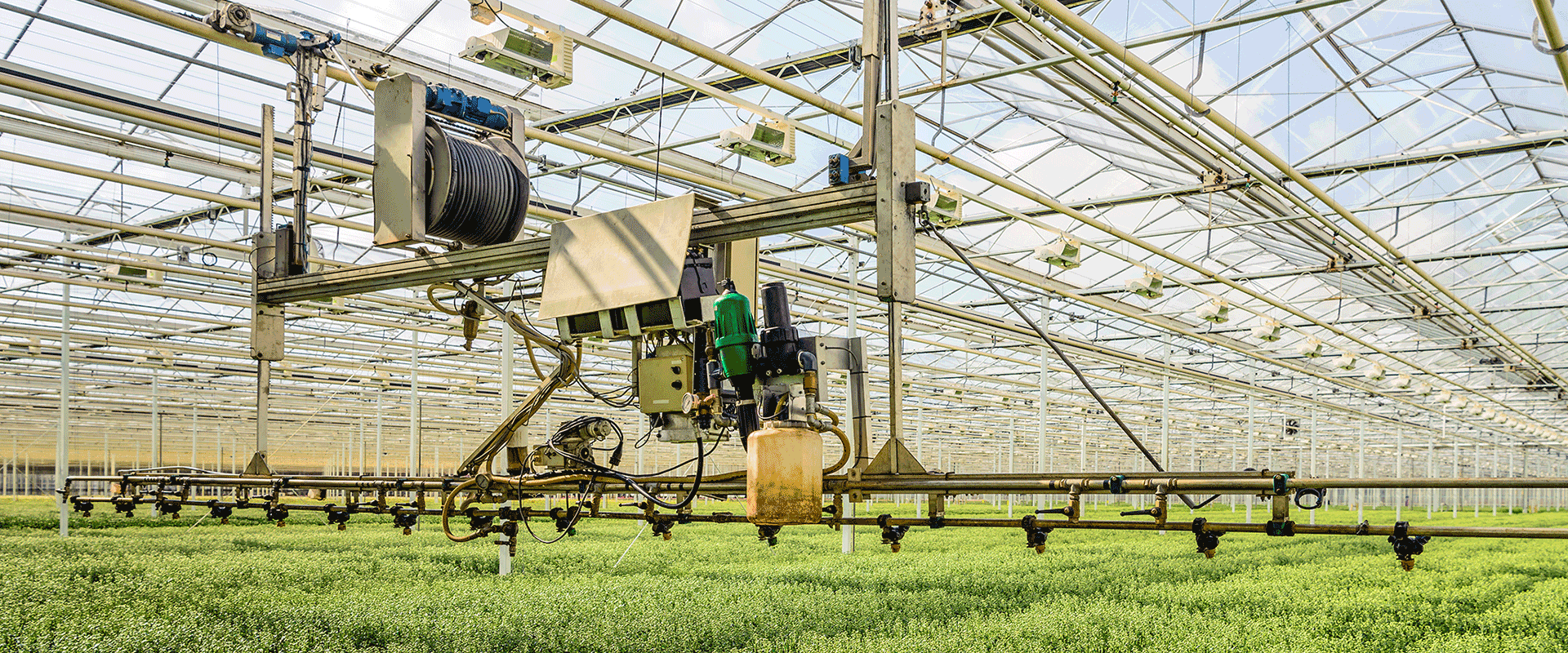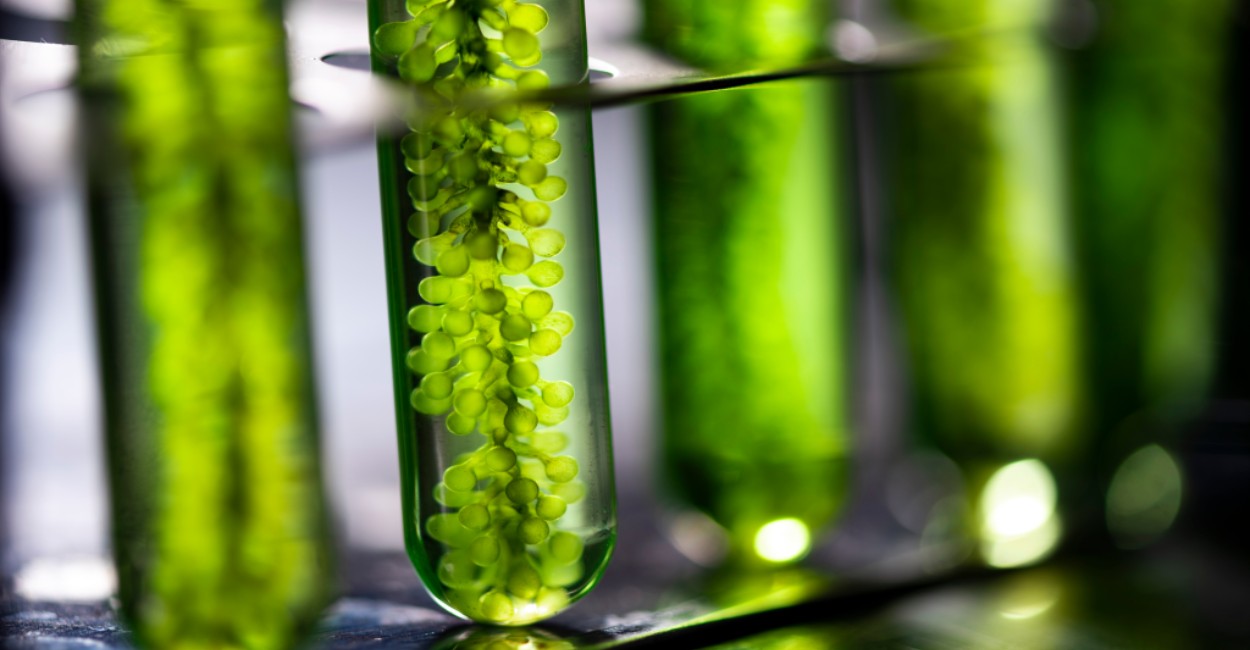Agricultural practices have long relied on chemical disinfectants to protect crops and livestock from pests, pathogens, and diseases. However, the growing demand for sustainable farming and the rising awareness of the environmental and health impacts of chemical use are driving a shift toward more eco-friendly solutions. Natural disinfection methods are emerging as a vital part of sustainable agriculture, offering effective ways to manage harmful organisms without relying on synthetic chemicals.
Natural disinfectants, derived from organic compounds, plant extracts, and microbial solutions, provide farmers with a safer, environmentally-friendly alternative to conventional chemical treatments. They help maintain soil health, reduce chemical residues in food, protect water resources, and promote biodiversity on farms. Companies like Pure Future LLC are leading the way in offering innovative natural disinfection solutions that align with modern sustainable farming practices.
In this article, we explore the benefits of natural disinfection in agricultural practices, how it contributes to sustainability, and the key methods available for farmers to adopt.
The Need for Natural Disinfection in Agriculture
The traditional approach to pest and pathogen control in agriculture often involves synthetic chemical disinfectants such as pesticides, fungicides, and herbicides. While effective, these chemicals can have significant drawbacks:
Environmental Contamination: Chemical disinfectants can leach into the soil and water systems, contaminating local ecosystems and harming wildlife. Pesticides, in particular, are known to contribute to biodiversity loss by negatively impacting beneficial insects like pollinators and predatory insects.
Health Risks: Residues of chemical disinfectants on crops can pose risks to human health. Studies have shown links between pesticide exposure and various health problems, including respiratory issues, hormone disruption, and an increased risk of cancer.
Soil Degradation: Chemical disinfectants can deplete soil health by killing beneficial microorganisms and depleting organic matter. Over time, this leads to reduced soil fertility, making it more challenging for farmers to sustain high crop yields.
Resistance Development: The overuse of chemical disinfectants can lead to the development of resistant pests and pathogens. This makes it increasingly difficult to control outbreaks, often resulting in the need for stronger or more frequent chemical applications.
To address these challenges, many farmers are turning to natural disinfection methods that provide effective control of pests and pathogens while promoting soil health and reducing environmental harm.
Benefits of Natural Disinfection in Agricultural Practices
- Improved Soil Health and Microbial Activity
One of the significant advantages of natural disinfection is its positive impact on soil health. Synthetic chemicals can disrupt the balance of microorganisms in the soil, killing not only harmful pathogens but also beneficial bacteria and fungi. These beneficial microorganisms play a crucial role in maintaining soil fertility by breaking down organic matter, fixing nitrogen, and enhancing nutrient availability for plants.
Natural disinfectants, on the other hand, target harmful pathogens while preserving or even promoting beneficial microbial activity. This helps maintain a healthy soil ecosystem, which is essential for long-term agricultural productivity. Healthy soils also have a greater capacity to retain water, resist erosion, and support plant growth, all of which contribute to more resilient farming systems.
For instance, natural microbial solutions that contain beneficial bacteria or fungi can be applied to the soil to outcompete harmful pathogens. These beneficial microbes create a protective barrier around plant roots, reducing the likelihood of infections while enhancing nutrient uptake and overall plant health.
- Reduced Chemical Residues in Food
Consumers are increasingly concerned about the presence of chemical residues in their food, particularly when it comes to fruits, vegetables, and grains. By using natural disinfection methods, farmers can significantly reduce or eliminate the need for synthetic chemical treatments, resulting in crops with minimal or no chemical residues.
Natural disinfectants are derived from substances that break down quickly in the environment, leaving no harmful residues on plants or in the soil. This contributes to cleaner, safer food for consumers, aligning with the growing demand for organic and sustainably grown produce.
- Protection of Water Resources
Agriculture is a major contributor to water pollution, with chemical disinfectants often washing off into nearby streams, rivers, and groundwater. These pollutants can have harmful effects on aquatic ecosystems, leading to the death of fish and other wildlife, as well as the contamination of drinking water supplies.
Natural disinfection methods help mitigate these risks by reducing the need for harmful chemical applications. Natural disinfectants are typically biodegradable and break down quickly in the environment, minimizing the risk of water contamination. Additionally, some natural methods, such as bioremediation, use beneficial microbes to degrade harmful substances in soil and water, further protecting natural resources.
- Reduced Risk of Resistance Development
The overuse of chemical disinfectants in agriculture has led to the development of resistant strains of pests, weeds, and pathogens, making it increasingly difficult for farmers to control these threats. Natural disinfection methods offer a more sustainable approach by reducing the selective pressure on pests and pathogens that drives resistance.
For example, biopesticides made from naturally occurring substances or microorganisms work through multiple mechanisms to control pests. These natural products disrupt pest behavior, growth, or reproduction in ways that are less likely to lead to resistance. Additionally, the diverse array of compounds found in natural disinfectants makes it harder for pathogens to develop resistance compared to single-action chemical products.
- Enhanced Biodiversity on Farms
Biodiversity is critical to the health of agricultural ecosystems, as it supports a range of ecosystem services such as pollination, pest control, and nutrient cycling. However, the widespread use of chemical disinfectants can reduce biodiversity by killing non-target organisms, including beneficial insects, birds, and soil microbes.
By using natural disinfection methods, farmers can help preserve and enhance biodiversity on their farms. Natural products are often more selective in their action, targeting specific pests or pathogens without harming beneficial organisms. This allows beneficial insects, such as pollinators and natural predators, to thrive, creating a balanced ecosystem that supports long-term agricultural productivity.
- Support for Sustainable Farming Practices
Natural disinfection methods are a key component of sustainable agriculture, as they align with the principles of minimizing environmental impact, promoting biodiversity, and preserving natural resources for future generations. By reducing the reliance on synthetic chemicals, natural disinfectants help farmers transition to more sustainable farming practices that protect the environment and improve food safety.
Many natural disinfection methods, such as compost tea, plant extracts, and microbial solutions, can be produced on-site by farmers, reducing the need for external inputs and lowering production costs. This supports local, sustainable farming systems that are less dependent on chemical inputs and more resilient to changing environmental conditions.
Common Methods of Natural Disinfection in Agriculture
Several natural disinfection methods are gaining popularity among farmers looking for effective, eco-friendly alternatives to chemical treatments. Some of the most common methods include:
- Biopesticides
Biopesticides are natural substances or microorganisms that control pests and diseases in plants. They include products made from plant extracts, beneficial bacteria, and fungi that inhibit the growth of harmful pathogens or repel pests. Biopesticides are widely used in organic farming and are effective against a broad range of pests and diseases without leaving harmful residues.
- Compost Tea
Compost tea is a liquid fertilizer made by steeping compost in water. It contains beneficial microorganisms that can help suppress plant diseases and promote healthy plant growth. When applied to plant leaves or soil, compost tea introduces beneficial microbes that outcompete harmful pathogens, reducing the need for chemical disinfectants.
- Essential Oils
Certain essential oils, such as neem oil and tea tree oil, have natural antifungal, antibacterial, and insecticidal properties. These oils can be used to control pests and diseases in crops without the need for synthetic chemicals. Essential oils are biodegradable and have a minimal environmental impact, making them an attractive option for natural pest control.
- Microbial Solutions
Microbial solutions consist of beneficial bacteria, fungi, or viruses that target specific pests or pathogens. These microbes can colonize plant roots or soil, creating a protective barrier against harmful organisms. In some cases, microbial solutions can also enhance nutrient uptake, improving plant health and resilience.
- Plant Extracts
Various plant extracts, such as garlic, cinnamon, and peppermint, have been found to possess natural antimicrobial properties. These extracts can be used to disinfect soil, seeds, or irrigation water, reducing the spread of pathogens without the need for chemical treatments.
Pure Future LLC’s Contribution to Natural Disinfection
As a leader in sustainable agricultural technologies, Pure Future LLC is at the forefront of developing natural disinfection solutions that help farmers reduce chemical use while maintaining high crop productivity. Their innovative products harness the power of biological control agents, microbial solutions, and plant-based disinfectants to promote healthier crops, soils, and ecosystems.
Pure Future’s natural disinfection technologies align with the principles of sustainable agriculture by offering effective, eco-friendly alternatives to synthetic chemicals. Their solutions help farmers protect their crops from pests and pathogens without compromising environmental health or food safety.
Conclusion
Natural disinfection is transforming the way farmers approach pest and pathogen control in agriculture. By offering a safer, more sustainable alternative to synthetic chemicals, natural disinfectants help protect soil health, reduce chemical residues, safeguard water resources, and promote biodiversity. As the demand for sustainable farming practices grows, natural disinfection methods will play an increasingly important role in ensuring that agriculture remains productive and environmentally responsible.
Companies like Pure Future LLC are leading the way in providing farmers with innovative natural disinfection solutions that contribute to the overall health of agricultural ecosystems while supporting global food security.





